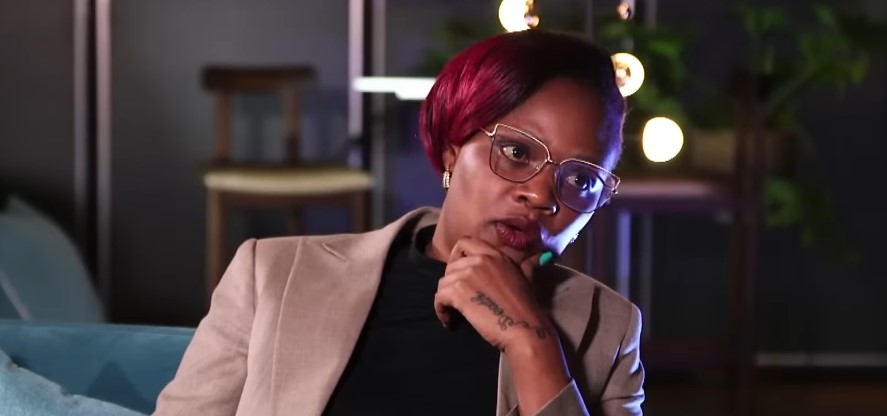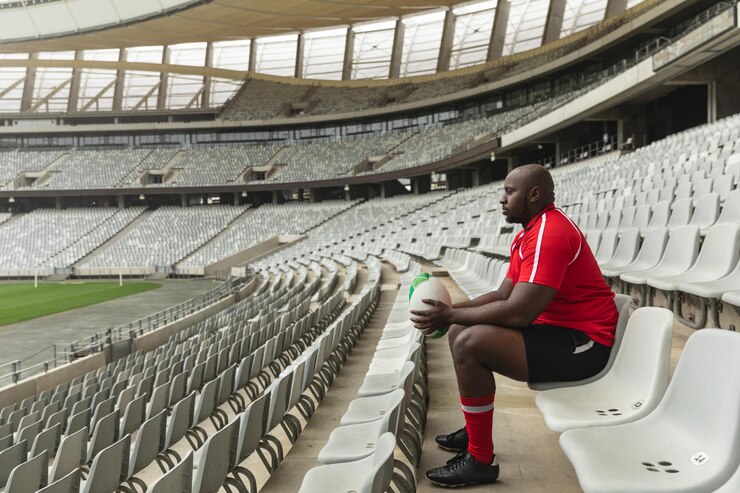By TWV Team
The case against controversial blogger Maverick Aoko has taken a dramatic turn, with the prosecution failing to present sufficient witnesses within the court’s allocated hearing period. Milimani Principal Magistrate Dolphina Alego is set to rule on 7 July 2025 on whether to grant the prosecution more time or order it to close its case.
The development follows a three-day hearing where only one prosecution witness, Sergeant Norah Shindi, testified, prompting the defence to seek case closure due to insufficient evidence.
Sergeant Shindi, a police officer involved in Aoko’s arrest, told the court that she and a Chief Inspector were tasked with apprehending the blogger along Gatanga Road, later joined by Intelligence Unit officers. A search order, obtained via a miscellaneous application, authorised the team to search Aoko’s residence, where they allegedly recovered a Huawei phone with a broken screen, a laptop, a flash disk, and a Dell laptop charger.
“At the point of arrest, we found the items in the house,” she stated.
However, under cross-examination, Shindi admitted uncertainty about whether the premises or recovered items belonged to Aoko. “I am not the investigating officer,” she said, adding that she was unaware of the precise reason for the arrest, though she believed it related to cybercrime.
She further noted that the search order lacked a specific address, with directions provided by an officer not listed as a witness.
Shindi concluded her testimony by confirming that the recovered items were handed to the investigating officer.
With no further witnesses called, the defence argued that the prosecution failed to substantiate its case and urged the court to dismiss it.
Magistrate Alego will deliver her ruling on 7 July, deciding whether the prosecution may continue or must conclude its case.
The outcome will significantly impact both the prosecution and Aoko, who has steadfastly maintained her innocence amid growing scrutiny of the state’s approach to cases involving digital content creators and government critics.
As Kenya awaits the decision, Aoko’s case has reignited debate over prosecutorial efficacy and the broader implications for digital rights and freedom of expression in the country.





